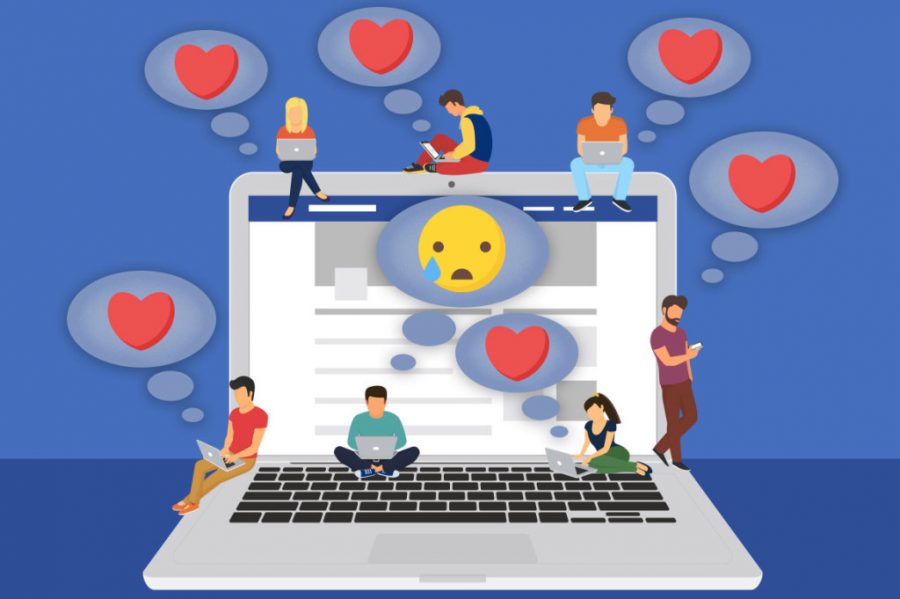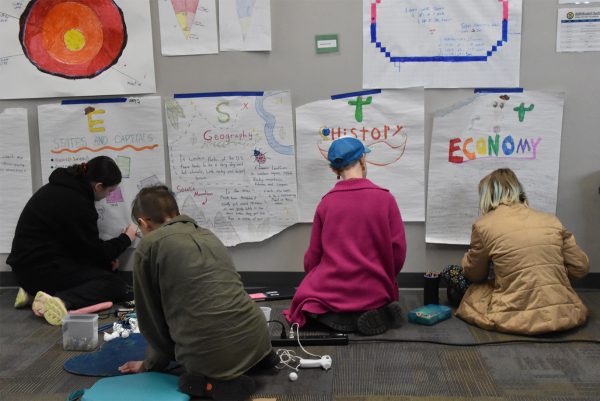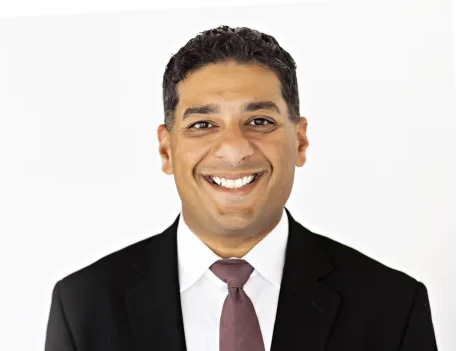Social Media and its negative effects on Mental Health
Social Media and Mental Health
Have you ever compared yourself to others based off of Instagram followers and likes? Have you ever felt like you’re missing out on life because your friends are doing fun stuff and posting about it? You’re not alone. Social media has taken its toll on many teenagers nowadays. Many of us feel unnoticed, lonely, and/or depressed based on our social media popularity. For others, this sounds stupid. “Just turn your phone off,” I heard one kid say, but for a lot of young people, it’s not that easy.
NAMI (Nation Alliance on Mental Illness) reported that in 2019, “One in six U.S. youth aged 6-17 experience a mental health disorder each year.” Teen suicide rates were declining after reaching their peak for boys in the 90s. However, the CDC reports that, in recent years, the suicide rate for teens has started rising again around 2008, and even reached a new peak for girls. In 2015, 1,537 boys and 524 girls aged 15-19 committed suicide and this figure is growing.
A poll by the Pew Research Center in 2018 found that 97% of adolescents use at least one of the seven most popular social media platforms (YouTube, Instagram, Snapchat, Facebook, Twitter, Tumblr, and Reddit). 95% of teens own a smartphone, and close to 90% say they use social media several times a day. An article by The Independent reported that over a quarter of Gen Z kids say that social media makes them feel anxious, sad or depressed. This article also found that social media affects more than just mental health. Self esteem, sleep, and memory all may be negatively affected by social media as well.
This doesn’t mean all social media is bad and no one should use it. Social media has the power to bring us together with ease that never previously existed. Never before have we been able to communicate with people thousands of miles away this quickly. Personally, social media has been a very useful tool, as I met my best friend – who lives in West Virginia – over Discord. The Internet has brought people together who otherwise would’ve never met, and brings communication to society’s fingertips. The issue is not the mere existence of social media, but rather its application and control in our lives.
One idea that could relieve some pressure off of teens is removing likes. Recently, Instagram has been experimenting with removing the ability to see other people’s likes in Australia, Brazil, and Canada. The response to this has been pretty mixed, with strong opinions on both sides. Instagram CEO Adam Mosseri announced at Wired25 that they’ll be removing likes from some U.S. users. “We will make decisions that hurt the business if they help people’s well-being and health,” Mosseri said. Instagram’s parent company, Facebook, has already tested removing likes for Australian users. Another solution may be for the developers to encourage the user into using the app less instead tricking them into using it more. Many apps hold back on showing you likes and followers so they can show you them all at once later. This has been proven to give a big dopamine hit making you want to use the app more. Maybe instead of apps giving you short term boost in your mood they should focus on long term user happiness.
This issue is a hard one to combat, due to the already unstable and sensitive nature of teens which has been easily exploited on social media, but it’s an issue with undeniable need for change. Repositioning social media in the lives of teens could improve their well-being and mental health. The power of social media should be used for good rather than continuing its current position of comparison.
Your donation will support the student journalists of Fargo North High School. Your contribution will allow us to resume physical printing of our newspaper for students at Fargo North!





